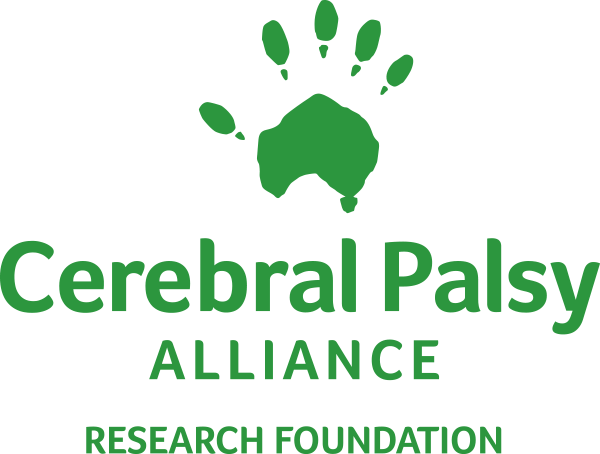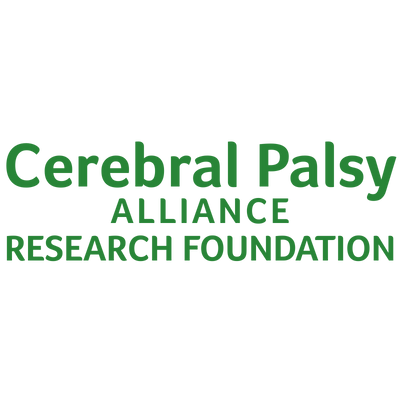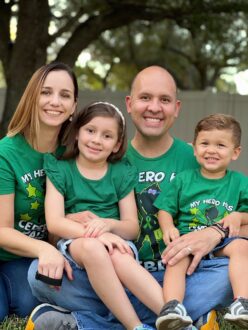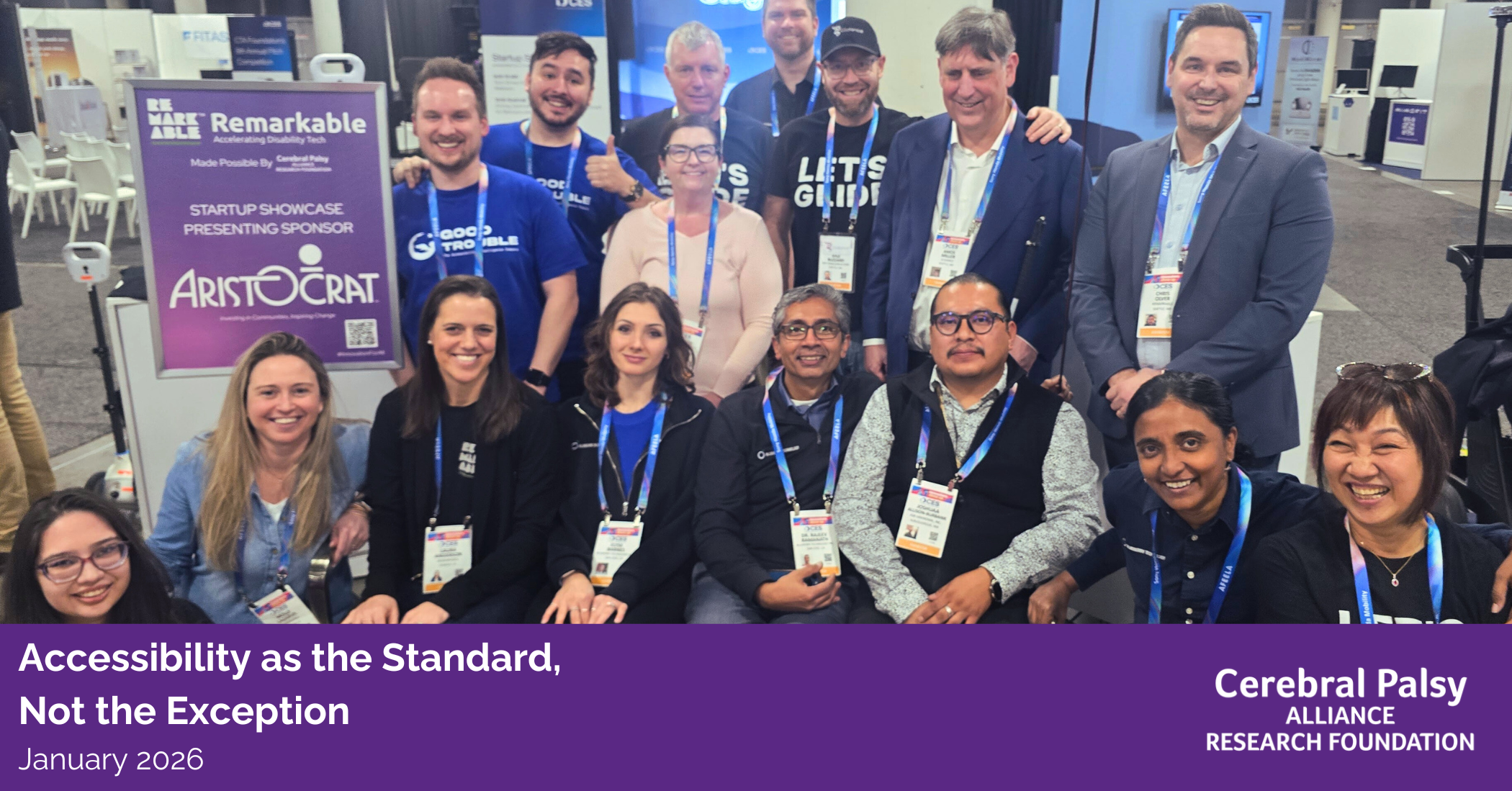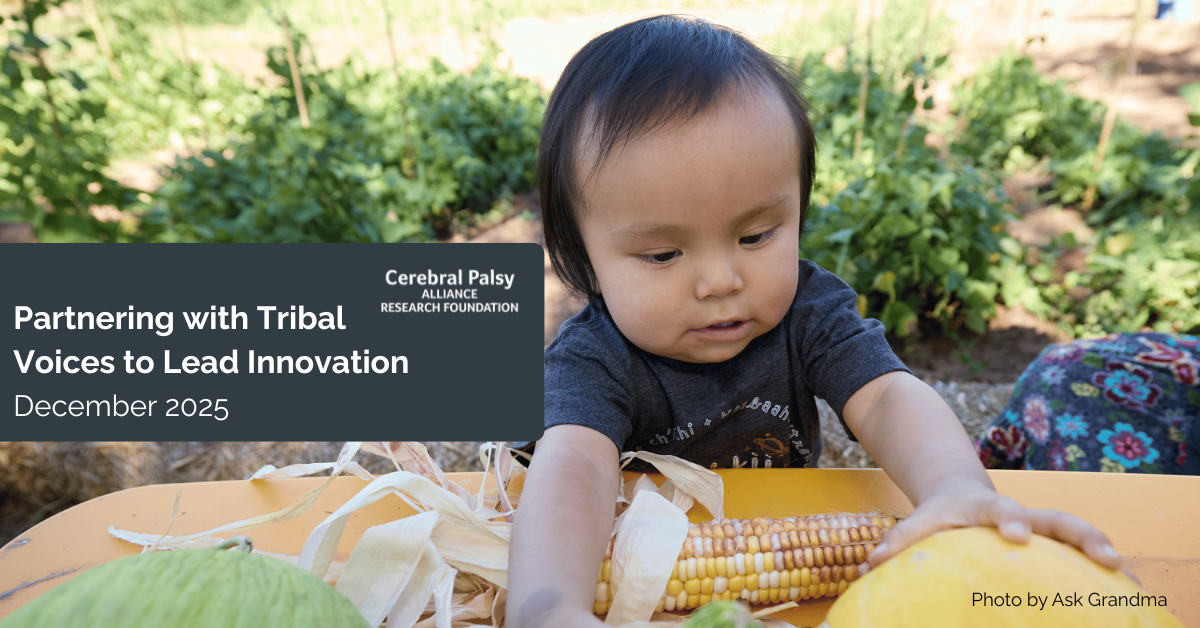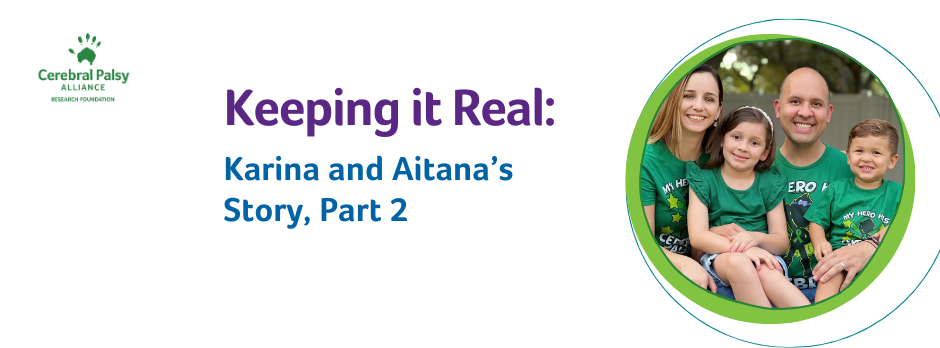
By Aitana and Karina De Costa
We recently connected with Aitana — a spunky nine-year-old girl with cerebral palsy — and her mom, Karina. They each shared their perspective with us, and it’s worth a read. Check out Karina’s story below (You can read Aitana’s story here).
Tell us about yourself. For example, how would your best friends describe you?
I’m a working mother, which has become a challenge for me to feel that I can be present and give 100% in the various aspects of my life. I consider myself a very persistent, kind, and caring person. However, when I asked some of my closest friends how they would describe me, they said:
“Karina is a special person you can always count on. She is very affectionate and keeps an eye on everyone she loves and cares about, making sure they are well. An unconditional friend who is there in good times and bad times to listen or just be present, which is often equally important. She is fair, intelligent, hardworking, and an excellent mother and wife.”
What are your hobbies? What do you love to do? What brings you joy?
My family is the joy of my life. Coming back from work to these warm hugs is the highlight of each day. As a hobby, I like to paint. I do it when everyone is sleeping. It is a quiet moment for myself and my thoughts, where I’m allowed to be unstructured and creative.
Share whatever you’re comfortable with about your experience as a parent of a child with cerebral palsy.
My biggest lesson has been how to convert my frustration into a purpose. I am so aware of the lack of understanding and respect that society has toward people with disabilities. However, there are also many people wanting to learn, ask questions, gain a better understanding of how to collaborate as a society, and how to be more inclusive individuals.
What do you find most challenging to deal with as a parent of someone with a disability?
Self-esteem is definitely my biggest focus; making sure my daughter is empowered to be her best self, accepting herself, even with the things she can’t change, and loving her differences.
What do you want to share with people who know nothing about cerebral palsy?
It affects nearly 18 million people. Think about it; that’s more than the population of some well-known countries. While there’s no cure, people work hard to achieve small increments of improvement. They should be recognized, encouraged, and supported by society and the federal government along the way.
What unexpected positives have you experienced as a result of Tana’s diagnosis.
I’ve met many amazing families facing the same struggles we have, and it has been a beautiful experience where we’ve encouraged each other, even when we don’t know one another. We have shared our lessons learned wholeheartedly with the intention of ensuring the other is as informed as possible. Building community and being part of it has definitely been a positive experience.
What’s one thing you would like others to know about raising a child with CP?
We parents need a lot of understanding and patience. We don’t have the same time or energy that other families might have. Our social life is dramatically reduced because we consider every scenario that could affect our children’s well-being, both physically and mentally. We do need a break from time to time to be heard and to release the frustrations we face dealing with doctors, insurance, school support, among other challenges. Just please be patient and understanding 🤗
Fri 23 Jan 2026
An update on one of our most important initiatives: expanding access to life-changing assistive technology for Native Americans with disabilities.
Fri 05 Dec 2025
An update on one of our most important initiatives: expanding access to life-changing assistive technology for Native Americans with disabilities.
